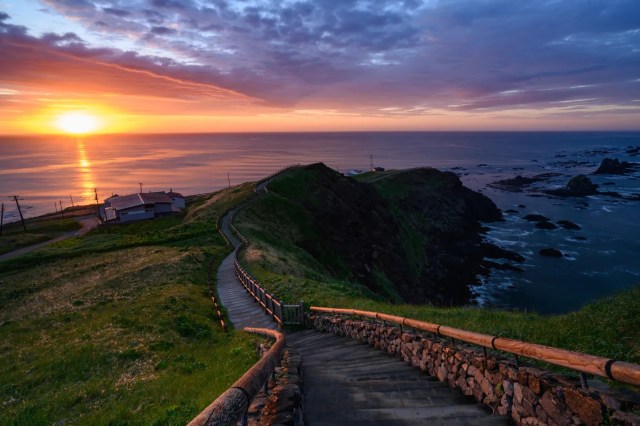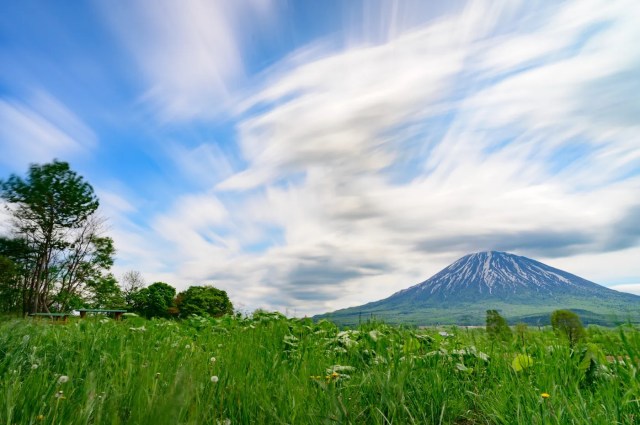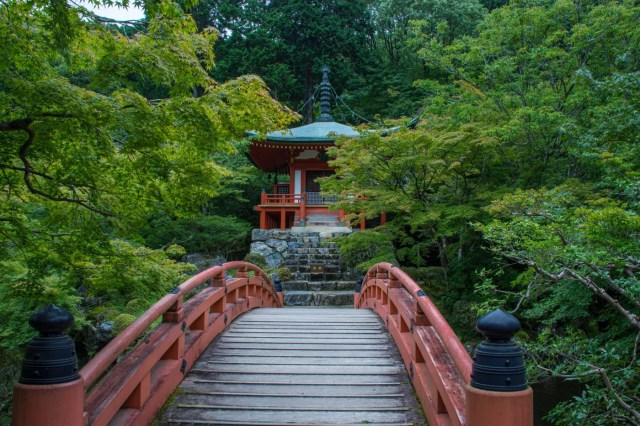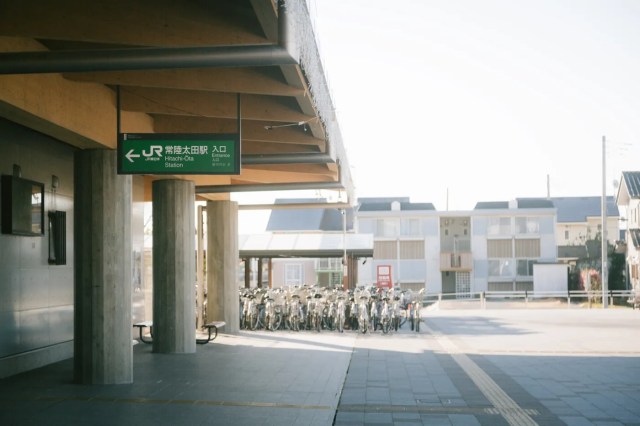Survey picks Japan’s most attractive prefectures – Familiar spots at top and bottom of rankings

Prefectures at the bottom might not be as bad as the numbers make them seem, though.
On a map of the world, Japan looks like a pretty tiny place. Zoom in to a map of just Japan, though, and you’ll see that it has 47 different prefectures, and every year Japan’s Brand Research Institute conducts a survey asking respondents to rate the attractiveness of Japan’s prefectures.
To clarify, the survey isn’t about which prefecture has good-looking people, but which prefectures people in Japan have good feelings about. After tallying the responses from roughly 35,000 participants, last week this year’s results were announced, and at the top of the rankings is Hokkaido, Japan’s northernmost prefecture.
▼ Hokkaido’s Mt. Shiribeshiyama (and that’s the town of Erimo, on the Hokkaido coast, at the top of this article)

Hokkaido also finished first in the survey last year, and in fact it’s had the top spot for 13 years in a row now, ever since the first time the survey was held back in 2009. Meanwhile, all the way down at the opposite end of the list is Ibaraki. The attractiveness survey has never been kind to the eastern coastal survey. Last year it finished in 42nd place, which was actually cause for celebration after seven consecutive years before that in 47th, but in the latest survey it’s once again back at the bottom.
Following Hokkaido in the top five are Kyoto, Okinawa, Tokyo, and Osaka, in that order, all of which kept their positions from last year with the exception of Osaka, which moved up from sixth place and swapped positions with Kanagawa. It’s not hard to imagine why they all did well. Hokkaido has stunning mountain scenery and mild summers, while Okinawa boasts beautiful beaches and warm winters. Kyoto has its elegant cultural pedigree and temple architecture, and Tokyo and Osaka are the two most bustling cities in the country, filled with all sorts of contemporary entertainment options. They’re all known for delicious food, too, such as Hokkaido’s crab, Okinawa soki soba noodles, Kyoto yudofu tofu hot pot, Osaka takoyaki, and Tokyo’s unparalleled restaurant variety.
▼ Kyoto’s Daigoji Temple

There’s decidedly less glamour and gourmet appeal at the other end of the list, which consisted of:
42 (tie). Yamaguchi
42 (tie). Tokushima
44. Gunma
45. Saitama
46. Saga
47. Ibaraki
However, calling those the least attractive prefectures in Japan is giving them a bum rap, because the formula used to determine the rankings is sort of strange.
Survey participants were asked to select how they felt about each of Japan’s prefectures, with their options being “very attractive,” “moderately attractive,” “neither attractive nor unattractive,” “not very attractive,” or “completely unattractive.” If a prefecture was listed as “very attractive” it was awarded 100 points, and for “moderately attractive” it got 50 points. All other responses were worth zero points, and the survey’s final rankings were determined by the average number of points each prefecture received from respondents.
Since the survey doesn’t account for any difference between indifference and dislike, the prefectures at the bottom of the list might not necessarily be there because people think they’re bad places so much as because they don’t have well-known characteristics that make them stick out in people’s minds. Many of them lack claim-to-fame foodstuffs, and while they all have their own charms, several of them are overshadowed by their neighbors. Saitama’s cities aren’t as big and bright as Tokyo’s. Gunma’s mountains are beautiful, but many travelers go right past them and head to Nagano’s Japan alps. Yamaguchi sits between Hiroshima and Fukuoka, both of which have more numerous sightseeing attractions and easier transportation access.
▼ This non-descript shot of Ibaraki’s Hitachi Ota Station also works as a visual metaphor for many survey respondents’ perception of the prefecture.

So really, Ibaraki continuing to finish last on the list shouldn’t be taken as a sign that it’s the most unpleasant or dull part of Japan, just that it’s one that most people don’t have a specific pre-existing positive mental image of, even though this time of year is a great time to visit the prefecture.
Source: Brand Research Institute via NHK News Web via Jin
Top image: Pakutaso
Insert images: Pakutaso (1, 2, 3)
● Want to hear about SoraNews24’s latest articles as soon as they’re published? Follow us on Facebook and Twitter!
Credit:

0 comments:
Post a Comment